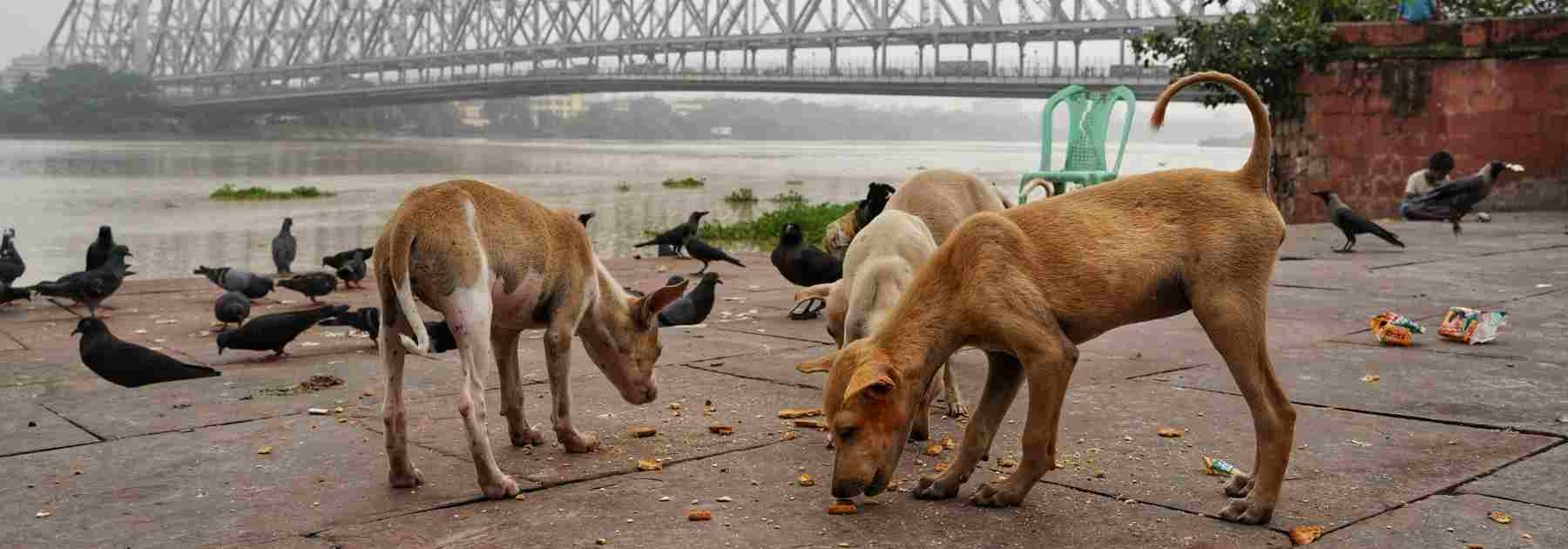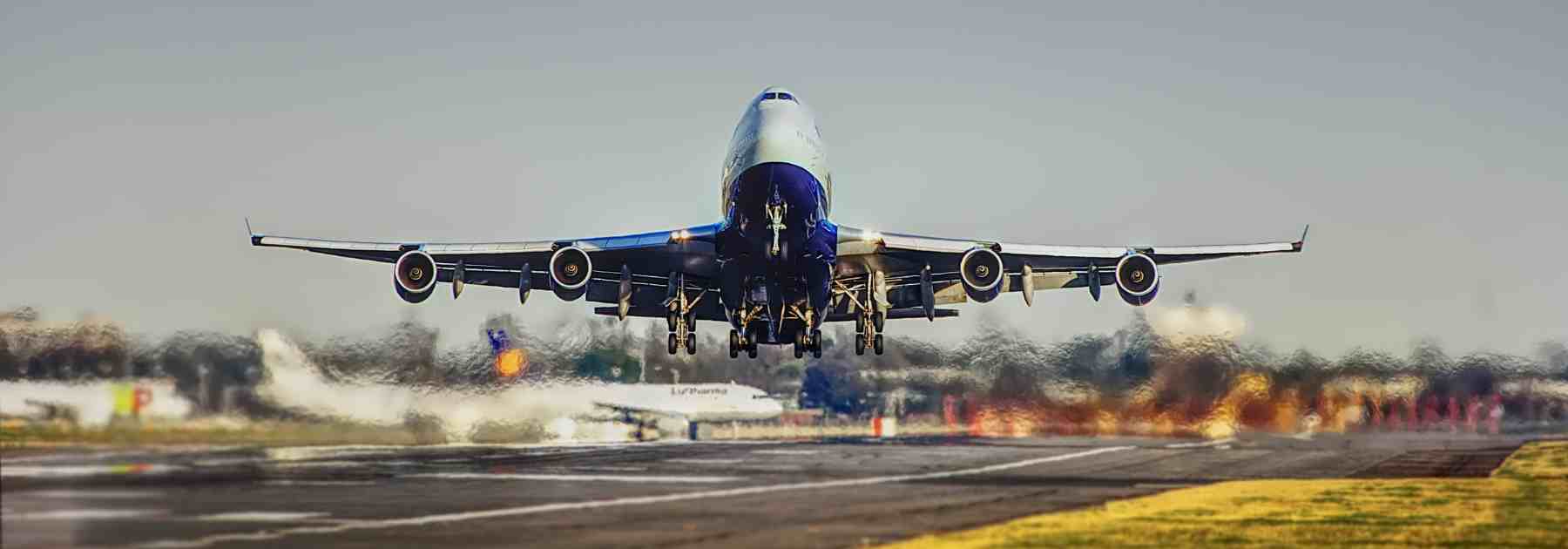Travel Health Checklist: What to Do Before You Go
Planning a trip abroad is exciting, but ensuring your health and safety while travelling is just as important as booking flights and packing your suitcase. From vaccinations to malaria prevention and first-aid kits, taking the right steps before you leave can make all the difference in ensuring a smooth and healthy journey. At Doncaster Chemist, we provide expert advice and essential travel health services to help you prepare. If you’re searching for a travel clinic near me, look no further—follow our comprehensive travel health checklist below.
1. Book a Travel Health Consultation
Your first step should be to book an appointment at a travel clinic near me. A professional consultation ensures you receive the right vaccinations, medications, and advice tailored to your destination.
✔ Schedule an appointment 4-6 weeks before travel to allow time for vaccinations.
✔ Discuss any existing medical conditions or medications you take.
✔ Get advice on food and water safety, insect-bite prevention, and other travel risks.
2. Check Vaccination Requirements
Some destinations require specific vaccines to protect against diseases that may not be common in the UK. Vaccination requirements vary by country, so it’s essential to check well in advance.
✔ Ensure your routine vaccinations (MMR, tetanus, diphtheria, polio) are up to date.
✔ Consider travel-specific vaccines such as:
- Hepatitis A & B
- Typhoid
- Rabies (recommended for remote travel)
- Yellow Fever (mandatory for some destinations)
✔ Get a vaccination certificate if required for entry into certain countries.

3. Malaria Prevention & Other Travel Medications
If you’re visiting a malaria-risk area, taking anti-malarial tablets is essential.
✔ Check if malaria tablets are required for your destination.
✔ Start taking them before travel (depending on the medication).
✔ Follow the full course, including doses after returning.
✔ Pack insect repellent (at least 50% DEET) and consider mosquito nets.
Other essential travel medications may include:
✔ Altitude sickness medication if travelling to high-altitude locations.
✔ Motion sickness tablets for long journeys or boat trips.
✔ Diarrhoea relief medication and oral rehydration salts.
✔ Prescription medication for any existing conditions—carry extra supplies in case of delays.
4. Assemble a Travel First-Aid Kit
A well-stocked first-aid kit can be a lifesaver in case of minor injuries or illnesses abroad.
✔ Pain relief (paracetamol/ibuprofen).
✔ Antihistamines for allergies or insect bites.
✔ Plasters, bandages, and antiseptic wipes.
✔ Hydrocortisone cream for rashes or skin irritation.
✔ Thermometer and tweezers.
✔ Antidiarrhoeal medication and rehydration sachets.
✔ Sunscreen (SPF 30+) and after-sun lotion.
✔ Insect repellent and bite relief cream.
5. Check Travel Insurance & Medical Cover
Comprehensive travel insurance is essential to cover unexpected medical expenses abroad.
✔ Ensure your policy covers medical emergencies, including hospital stays and repatriation.
✔ Check if pre-existing conditions are covered.
✔ Carry a copy of your insurance policy and emergency contact details.
✔ If travelling within Europe, apply for a GHIC (Global Health Insurance Card) for access to state healthcare.
6. Stay Safe with Food & Water Precautions
Many travellers experience stomach issues due to contaminated food or water. Take precautions to stay healthy.
✔ Drink only bottled or purified water—avoid ice in drinks.
✔ Eat freshly cooked, hot food rather than raw or street food.
✔ Avoid unpasteurised dairy products and undercooked seafood.
✔ Wash hands regularly or use hand sanitiser before eating.
7. Know the Health Risks at Your Destination
Understanding the health risks at your destination helps you take proactive steps for protection.
✔ Research common diseases and environmental risks (e.g., dengue fever, Zika virus, altitude sickness).
✔ Be aware of extreme weather conditions and how to stay hydrated.
✔ Identify the nearest medical facilities in case of an emergency.
8. Pack Essential Travel Documents
In case of medical emergencies, having the right documents is crucial.
✔ Carry a copy of your vaccination records and prescriptions.
✔ Have a doctor’s letter for prescribed medication (some countries have strict rules).
✔ Keep emergency contact details and a list of allergies or medical conditions.

9. Plan for Long-Haul Flights
Long flights can increase the risk of dehydration and deep vein thrombosis (DVT). Stay comfortable and healthy while travelling.
✔ Wear compression socks to reduce the risk of DVT.
✔ Move around the cabin and stretch every few hours.
✔ Drink plenty of water and avoid excessive alcohol or caffeine.
✔ Bring moisturiser and lip balm to combat dry cabin air.
10. Visit Doncaster Chemist for Travel Health Advice
If you’re searching for a travel clinic near me, Doncaster Chemist provides expert travel health consultations, vaccinations, and essential travel medications. Our pharmacists are here to help you prepare for a safe and healthy trip.
✔ Book a pre-travel consultation at least 4–6 weeks before departure.
✔ Get the necessary vaccinations and medications for your destination.
✔ Receive personalised travel health advice for your trip.
Reach out to us to discuss your destination, needs, and holiday plans.
Travel with Confidence
By following this travel health checklist, you can ensure that you are well-prepared for your journey. Whether you need vaccinations, malaria prevention, or expert travel health advice, Doncaster Chemist is here to help.
Book your appointment today and travel with confidence:

This blog was written on behalf of Doncaster Chemist by Pharmacy Mentor.

